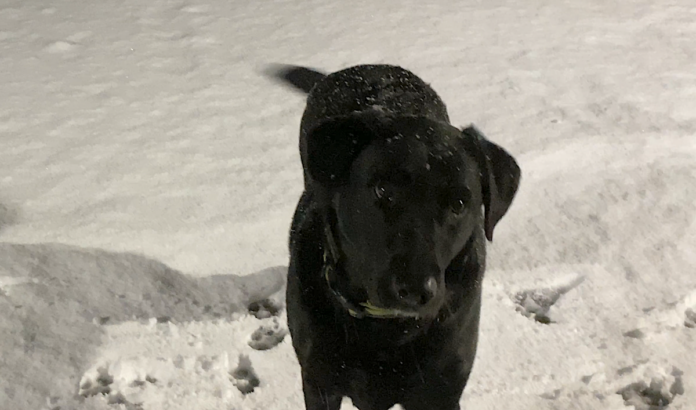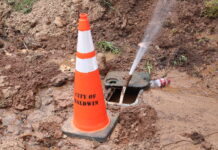
With the winter storm on the way, preparation is key for our animals.
Madi Nix, shelter director for the Habersham County Department of Animal Care and Control, is concerned for the many animals the shelter currently houses. “We are having to make an emergency transport to Wisconsin of 30 dogs because we can’t care for them,” Nix said.
A winter event causes people to bring their pets into the shelter. With it being just after Christmas and many people returning pets as well, the shelter has more animals than it can manage. “Just today, we took in 20 animals,” Nix explained. “We just do not have the room.”
Nix will be sleeping at the shelter to make sure all the animals there stay warm and safe.
Jessie Romer of Five Freedoms Farm has been distributing wheat straw to those who need it in the community. “There is a misunderstanding about providing blankets and hay for outdoor animals. Blankets get wet and become a hazard for animals. Wheat straw acts as an insulator.” Romer said they still have some available if you are in need of it for your outside pets.
To contact Romer for help or if you’d like to donate, you can contact her at [email protected].
Here are some tips to keep in mind during this cold winter storm:
- If at all possible, bring your pets inside. If not, provide a shelter (igloo dog house or something with a roof.) Use wheat straw – it doesn’t get wet as easily and is a better insulator than shaving – to provide warmth. The shelter should be large enough to allow your pet to sit and lie down but small enough to hold in the pet’s body heat. Turn the enclosure away from the wind and cover the doorway with waterproof burlap or heavy plastic.
- Move other animals or livestock to sheltered areas and make sure they have access to non-frozen drinking water. If the animals are outside, make sure their access to food and water is not blocked by snow drifts, ice, or other obstacles.
- Know your pet’s limits outdoors. The American Veterinary Medical Association (AVMA) reports you should be aware of how your pet tolerates cold weather and adjust as needed. Consult your veterinarian if you need advice.
- Check your engine. A warm vehicle engine can be an appealing heat source for outdoor and feral cats, but it’s deadly. Check underneath your car, bang on the hood, and honk the horn before starting the engine to make sure a cat hasn’t taken refuge on your engine.
“If you see a neighbor who needs help with their outdoor animal, offer straw or a dog house. It is so important we help one another,” Nix added.






